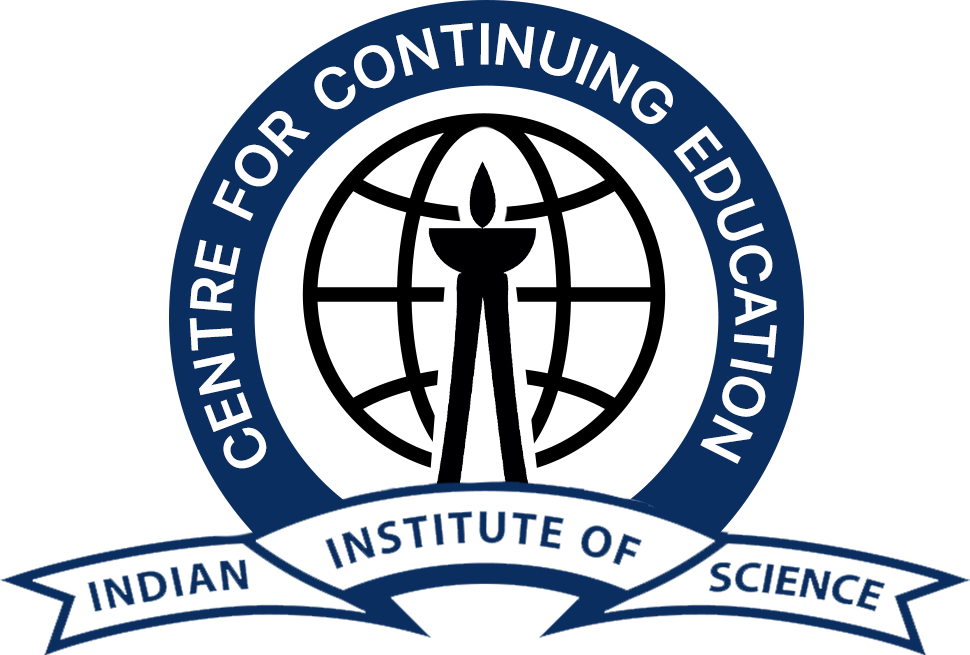Separation Technologies for Industrial Processes
Objective
Separation technologies are responsible for several important processes, such as extracting the final product from the synthesis medium; treating effluent streams before environmental discharge; recovering materials that can be reused for subsequent manufacture cycles; or isolating valuable intermediate products that can be used in a different industry or sold. This course will cover the operating mechanisms, basic design methods, thermo-economic analysis, and ecological impact evaluation of these separation techniques, in order to select and design the optimal sustainable separation solution for a given practical problem.
Syllabus
Major industrial separation methods, namely distillation, membrane separations, adsorption, absorption, and liquidliquid extraction; basic design and analytical methods for the technologies; thermodynamic analysis and second law efficiency; economic analysis; case studies on important practical separation problems; the ecological impact of proposed technology in case study
 |
Instructor |
|
|
Target AudienceChemicals productions companies, oil and petroleum companies, pharmaceuticals companies, bioengineeringrelated companies. |
|
|
Eligibility criteriaBachelor’s degree in engineering (preferably Chemical Engg., Mechanical Engg., Bio Engg., Materials Engg.). |
 |
Course Fee₹ 15000 (Excluding 18% GST) |
|
|
Number of Credits3:0
|
 |
Mode of InstructionOnline with Synchronous mode |
|
|
Duration5 Months (JAN-MAY 2024) |
|
|
Timings of the classMonday and Wednesday (6.00 PM to
|





